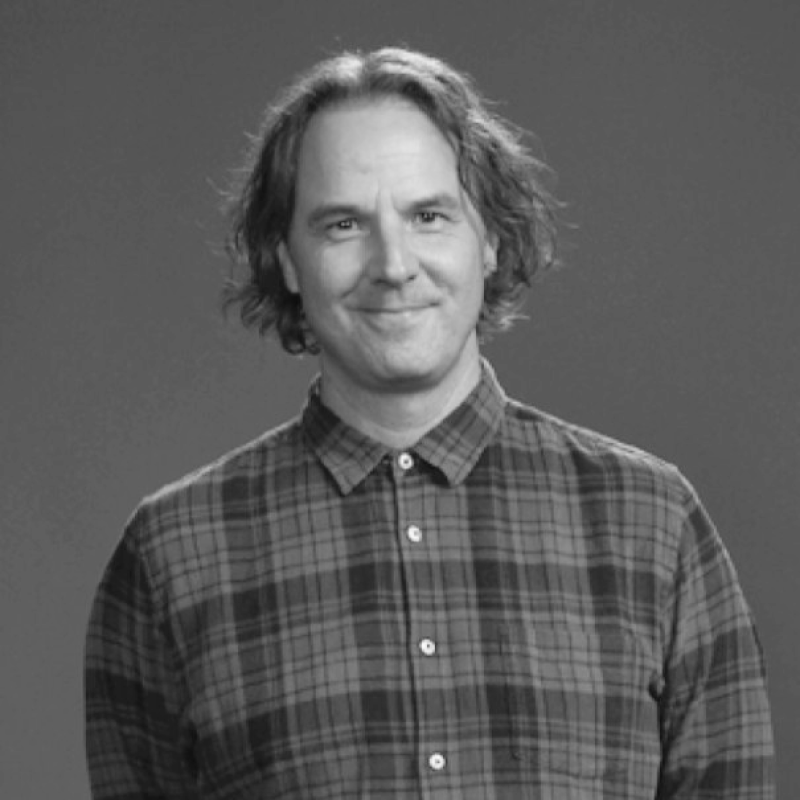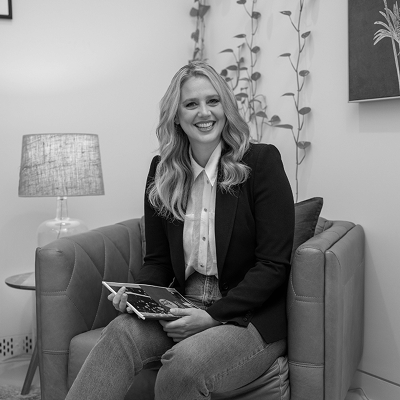
ASKING FOR A FRIEND
How Do I Ask for a Mental Health Day off?
ASKING FOR A FRIEND - QUESTION
Feeling overwhelmed but unsure how to ask for a mental health day? Psychologist Tara Hurster and Creative Director Lindsay Thompson share their expert advice on recognising the warning signs, communicating with confidence, and making the most of your time off. From spotting patterns in your workload to changing your language from asking to taking control, this practical guide helps you prioritise your wellbeing before you hit the wall. Because taking a mental health day isn't about admitting defeat – it's about being smart enough to recharge before you need a sick day.
Taking Control: How to Ask for a Mental Health Day
We've all been there – that moment when you realise you're running on empty, but the thought of asking for time off feels overwhelming. The good news? Taking a mental health day isn't about admitting defeat; it's about taking control of your wellbeing before you hit the wall.
This question was answered by Tara Hurster – Psychologist and Founder of The TARA Clinic – who specialises in helping executives regain control over their mental health, and Lindsay Thompson – Creative Director at GrowthOps Khemistry and mental health advocate who led Queensland's Dear Mind campaign. Andy Wright, founder of Never Not Creative, hosted the discussion.
Spot the Warning Signs Early
The key to asking for a mental health day effectively is recognising when you need one before you're completely burnt out. As Tara explains, "What we want to try and do is we want to look at avoiding that point" of boiling over.
Watch for early warning signs like disrupted sleep, changes in your eating patterns, or increased agitation. These are your body's way of telling you it's time to take action. Remember, a mental health day isn't the same as a sick day – as Tara puts it, "Sick days when you're broken. We're not talking about a sick day. We're talking about a mental health day."
Come Prepared with What You'll Say
When you're stressed, the front part of your brain – where language and problem-solving happen – can switch off. That's why Tara recommends writing down what you want to say beforehand. This helps you stay succinct and feel in control of the conversation.
You don't have to disclose everything. How much you share depends on who you're talking to and what you're comfortable with. The important thing is that you feel prepared and confident in your approach.
Change Your Language, Change Your Mindset
Notice the subtle but important shift Lindsay suggests: instead of asking "How do I ask for a mental health day off?", try "I'm taking a mental health day off." This isn't about being demanding – it's about taking ownership of your wellbeing.
As Andy points out, "This is you taking control over getting, like being able to do your best work. And I think that attitude towards it is really important."
Plan Ahead When Possible
If you can spot patterns in your work – like the inevitable crash after a big pitch or production – use this knowledge to your advantage. Lindsay suggests planting the seed early: "Ask them the week afterwards, look, I'm gonna take the Monday, FYI. Right, so there's no surprises."
This forward planning helps both you and your team. Knowing you have that recovery time scheduled can actually help you get through the intense period more effectively.
Make the Most of Your Day Off
When you do take your mental health day, make it count. Tara's recommendations are simple but effective:
- Switch off all devices as much as possible – constant pings and emails won't let you truly disconnect
- Do some form of exercise, whether gentle or intensive
- Engage in something you enjoy – something fun, interesting, or nourishing for your soul
Know When to Look Elsewhere
If you find yourself in a workplace that consistently doesn't support mental health days, Lindsay's advice is clear: "Start secretly looking around at somewhere else that does accept it. Don't feel that you have to slot in with their view on the entire situation."
Your wellbeing shouldn't be negotiable, and there are workplaces out there that understand this.
When You Need More Support
If you're facing more serious mental health challenges, or if workplace issues are contributing to your stress, remember that additional support is available. Never Not Creative offers several resources to help:
Our Support Line provides free introductory legal advice for issues like bullying, harassment, or underpayment that might be affecting your mental health. Sometimes workplace problems require more than just a day off – they need proper intervention.
For broader mental health support, you can find professional help through our Where to Get Help section, which includes contacts for Lifeline, Beyond Blue, and other specialist services.
Taking a mental health day isn't about weakness – it's about wisdom. It's recognising that looking after yourself isn't selfish; it's essential. By planning ahead, communicating clearly, and using the time effectively, you're not just surviving in the creative industry – you're setting yourself up to thrive.
our guests
Industry Leader

Lindsay Thompson
Mental Health Expert

Tara Hurster
Host

